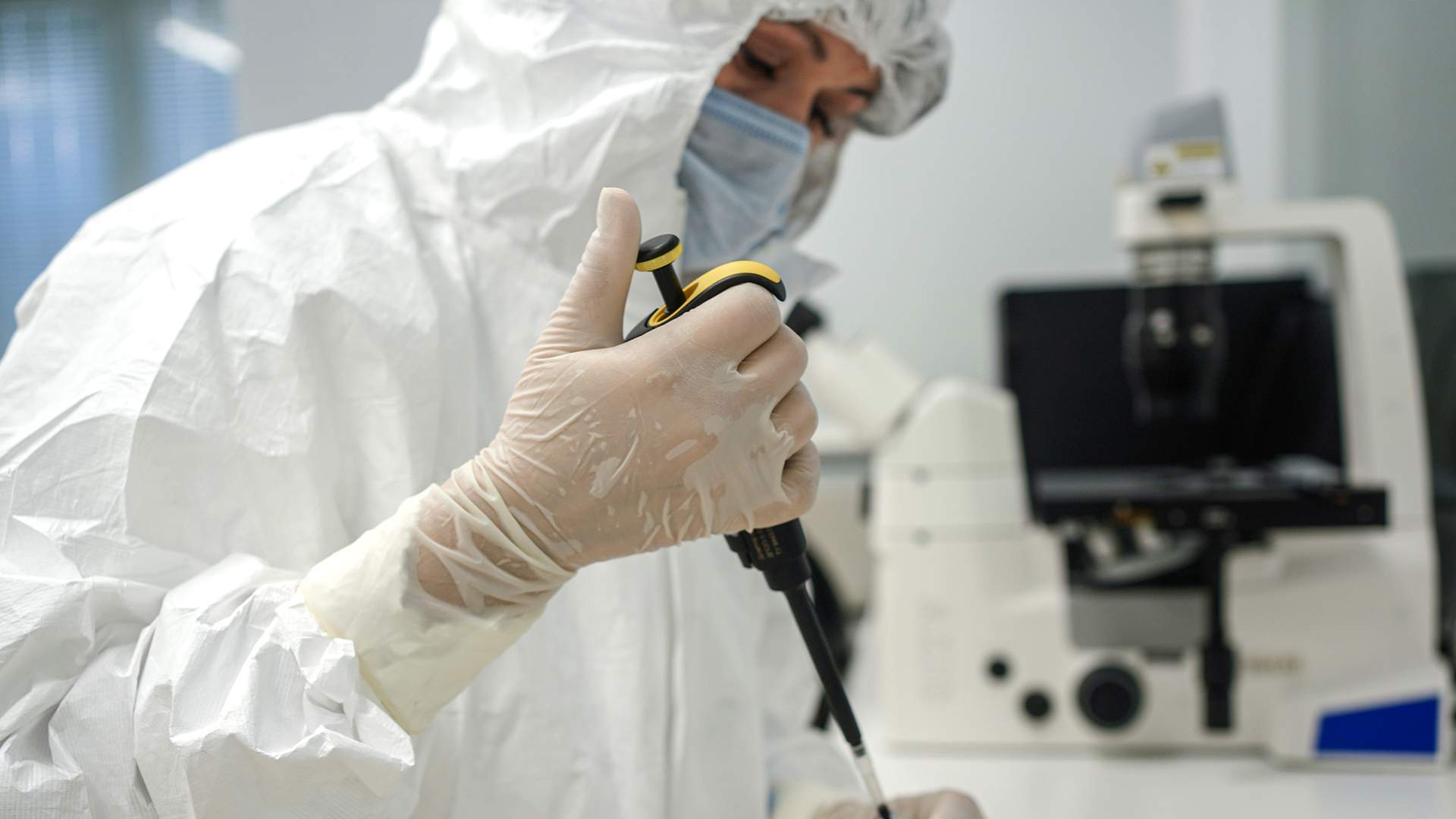- Статьи
- Science and technology
- Cell strike: in the Russian Federation they are creating a unique immune-engineered cancer drug
Cell strike: in the Russian Federation they are creating a unique immune-engineered cancer drug

Preclinical trials of the first in its class immunoengineered cancer drug are underway in Russia. It represents engineered genetically modified T-cells, which have the ability to effectively destroy target tumor cells. Such therapy allows getting rid of the tumor without damaging healthy tissue, the doctors said. Clinical trials of the promising drug are scheduled for 2026-2027.
Immunoengineered drug for cancer treatment
The first in Russia in its class immune-engineered drug for cancer treatment is being developed by specialists of the immune engineering laboratory of Sechenov University of the Ministry of Health in cooperation with a scientific group from the Research Institute of Fundamental and Clinical Immunology.
This is TCR-therapy, in which genetically modified T-lymphocytes (white cells in human blood that promote the production of antibodies and destroy viral cells) of the patient are used to fight cancer cells. The modification allows them to produce tumor-specific T-cell receptors, without which the tumor itself cannot be recognized and destroyed.
- Preclinical trials of engineered T cells genetically modified with a construct encoding an antigen-specific T-cell receptor have begun within our laboratory . The data obtained to date show promising results. TCR-T cells have shown the ability to effectively kill targeted tumor cells, and after a series of successful in vitro (laboratory) trials, we have moved on to proof of concept in vivo (animal) in xenograft mouse models. In 2026-2027, we plan to move to clinical trials," Alina Alshevskaya, head of the immune engineering laboratory at Sechenov University, told Izvestia.
As noted by the developers of the drug, to date TCR-therapy is not yet used to treat patients, but all over the world are actively pursuing preclinical and clinical trials in this area. In August 2024, the first TCR-T drug was approved for clinical use in the United States - it is aimed at the treatment of metastatic synovial sarcoma. However, the development of more versatile agents is needed for the widespread use of such therapy.
Protocol of preclinical trials
Specialists from the Immune Engineering Laboratory are working on the creation of TCR-T cells specific to the common tumor-associated antigen HER2/neu. The researchers uselentiviral vectors to deliver genetic information to the cells: they efficiently integrate their genetic material into the genome of the host cell. At the moment, the creation of the lentiviral construct itself has already been completed.
Before administering the modified cells to a patient, it is necessary to make sure that they are safe, the scientists emphasized. However, there are no standardized protocols for preclinical and clinical studies of T-cell immunotherapy yet.
Therefore, the researchers developed a protocol for preclinical testing of TCR-T cells, including mandatory phenotypic and functional analysis. This will allow to assess the activity of modified lymphocytes and avoid possible complications associated with damage to healthy cells. A review article summarizing the stages of development, production and preclinical testing of TCR-T-cell drugs was published in the Journal of Translational Medicine. In it, experts described the processes of TCR-T-cell evaluation at each stage - from computer prediction of target antigens and cross-reactivity assessment to laboratory analyses of cell functionality and cytotoxicity.
Perspective in cancer therapy
Cell therapy, which allows directing the body's immune response through bioengineered constructs, is a promising area of biomedicine's cutting edge, Andrey Lomonosov, deputy head of the HealthNet NTI working group in the "Biomedicine" area and scientific advisor to R-Pharm JSC, told Izvestia.
- We have seen the success and incredible results of such an approach - engineered T-cells with chimeric receptor (CAR-T) in oncohematology, which really showed impressive results of practical healing from cancer for some patients, - said the specialist.
However, new techniques, which have not yet entered clinical practice anywhere in the world, are extremely complex products , the creation of which requires high professionalism in cellular and gene technologies, expertise in the application of systems of viral delivery of genetic material into isolated living cells of the patient.
- It is impossible to predict how new and such complex cell therapies will be successful until the full scope of clinical trials is completed. However, we can say for sure that the very fact of such developments shows the high level of technology that our scientists possess, - emphasized Andrei Lomonosov.
The approach used - TCR-therapy - is extremely promising, but has not yet been introduced into clinical practice anywhere, emphasized Denis Kuzmin, Director of the School of Biological and Medical Physics at MIPT.
- Unlike CAR-T therapy, which uses chimeric antigen receptors to recognize surface antigens, TCR therapy allows T-lymphocytes to recognize intracellular antigens. This method may be more effective in the treatment of solid tumors, as well as cause significantly less pronounced side effects, - said the expert.
The developers expect that the new drug will make the treatment of cancer significantly more effective and minimize adverse reactions.
The research is being conducted under the Priority 2030 strategic academic leadership program.
Переведено сервисом «Яндекс Переводчик»




